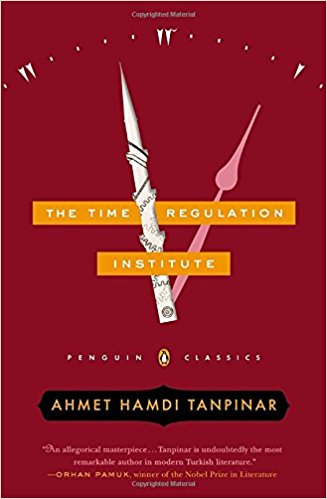
Years ago, I came across the name of Ahmet Hamdi Tanpinar (1901-1962) for the first time. I was reading Orhan Pamuk’s book about Istanbul and Pamuk refers to Tanpinar as his most important teacher as a writer and novelist. That’s a sufficient reason to have a closer look at this author and his novel The Time Regulation Institute, first published in book form in 1962.
Tanpinar belongs to a generation of Turkish authors that grew up in the Ottoman Empire and lived through the first decades of modern Turkey with its Kemalist reforms that deeply affected every aspect of life. It is important to keep in mind that – while the book is clearly a modern novel, written by a university professor that was very familiar with modern European literature – the author was at the same time deeply rooted in the pre-modern Ottoman traditions; and the same is true for his characters in The Time Regulation Institute.
The novel is the first-person narrative of the life of Hayri Irdal, a loafer, a man who grows up in rather poor circumstances and with limited school education, but who shows at an early age a talent in repairing watches, a craft he learns at the workshop of Nuri Efendi, whose thoughts about the role of time and about how important it is to make good use of it will play an important role later in the novel.
We see Hayri Irdal being a rather weak person, with a problematic second marriage (after his first wife died early) and with children that are not really close to him. He is spending most of his time with a strange circle of friends, alchemists, spiritualists, fortune seekers, project makers. This collection of characters gives Tanpinar an opportunity to unfold his satirical talents. The first part of the novel takes place in the time before and during WWI, and this part frequently reminded me of a Karagöz performance, the Turkish version of the Commedia dell’arte; the tales of Nasreddin Hoxha came to mind as well. Not only the men are shown as objects of the author’s wit, also the female characters get their fair share of satirical treatment, particularly Hamdi’s aunt, but also his second wife and her sisters with their obsessions regarding cinema or singing.
A change of luck for Hayri happens in the moment when he gets acquainted with Doctor Ramiz, a psychoanalytic who has just returned from Vienna and who applies his newly acquired (and superficial) knowledge of modern psychotherapy to cure his patient, with analysis of dreams that the doctor “orders” his patient to have, and discussion of German-language brochures on psychoanalysis inclusive (Hayri speaks of course only Turkish). Once Hayri is released from the hospital, Doctor Ramiz introduces him to Halit Ayarci, a modern project maker who understands to utilize Hayri’s potential and who – thanks to his connections in important circles – is also able to find the funding for a revolutionary idea: the creation of the Time Regulation Institute. The institute, a (fictitious) part of the reforms in the 1920’s in Turkey is supposed to ensure that all clocks and watches in the country show the correct time, and a mechanism to ensure that – and of course also a sophisticated system of fines – is quickly developed.
A big part of the second half of the novel deals with the finding of financial backing of the project, the creation of a bureaucracy and the erection of a suitable and representative office building of the new institute, so that the big number of employees – all of them of course relatives and friends of the director, Halit Ayarci, and his deputy, Hayri Irdal – have excellent working conditions. A special task assigned to Hayri is the writing of the biography of Ahmet Zamani Efendi, an Ottoman predecessor of the idea of measuring time in the modern way; and the fact that this person never existed gives Hayri a perfect opportunity to bring his storytelling talent to good use. Too bad that a Western scholar shows up one day, who is looking for further evidence, and that on top of it, a visiting commission questions the work and the usefulness of the Time Regulation Institute…
Bureaucracies seem to have a great fascination for novelists. But while Kafka or Ismail Kadare (in his Palace of Dreams) focus on the dark, nightmarish implications of such bureaucratic institutions, Tanpinar offers his readers the satirical version, a farce. Hayri represents the old generation of people who don’t really believe in what the institute stands for, but who seize the opportunity to employ a lot of friends and relatives, or who take advantage of it in any other way; Halit Ayarci on the other hand is a ‘modern‘ character, someone who clearly understands that the institute can be an instrument to satisfy his personal ambition, and who is very clever in using his contacts in political circles to find the money and public recognition for his project. And of course, a bank and a housing project are also needed in this context…
I mentioned already that Tanpinar was very familiar with modern European literature; and I can’t help but thinking about Italo Svevo’s Zeno Cosini, or the “heroes” of the novels of Robert Walser that seem to come from the same mould as Tanpinar’s characters. Halit Ayarci and his project also reminded me a bit of the Parallelaktion, and the character of Arnheim in Robert Musil’s Man without Qualities.
What is the message of Tanpinar’s novel? Maybe this one: you cannot transform people that are deeply rooted in a medieval society into modernity just by enforcing some radical reforms, like the Kemalists did in the 1920’s and 1930’s. All these reforms will be superficial and will not change the mindset of people. Tanpinar mentions the paintings of Osman Hamdi Bey, and the tortoise of Hayri’s dervish friend is also an obvious reference to the most famous of Osman’s paintings, The Tortoise Instructor; the tortoises being a symbol for the Turkish people as seen by Osman. Can you really teach or instruct a tortoise? Tanpinar ends on a slightly more optimistic note. Hayri’s estranged son is supporting his father in the end with his construction project; and while he clearly sees his father’s limitations – and that of his surrounding -, this son who distanced himself geographically, and also by name (choosing a new name for himself), seems to look at his father with mild irony and understanding. Several generations need to pass probably until a modern Turkish society will evolve. In the meantime, Hayri, and also Turkish society in general still struggle with the Father complex that was diagnosed by Doctor Ramiz in the novel. But I am quite sure, Tanpinar had not only Turkey in mind when he wrote about bureaucracies, and about how a certain category of men is using projects like the Time Regulation Institute to re-write or plainly invent the past and turn such projects into a kind of machinery for self-promotion, generation of media attention, influence, and money. Therefore, it is easy to relate to this novel, even when the reader may not be familiar with the Turkish setting and background.
Overall, I can say that I liked and enjoyed this book very much. It is a fun read thanks to the ability of its author to combine satirical criticism, traditional ‘oriental’ storytelling, and a very accomplished use of the form of the modern novel, with an unreliable narrator. If Tanpinar had lived longer and would have had an opportunity to edit his novel more diligently, he might have cut some passages that are redundant, but that’s a very small criticism of an otherwise truly important and enjoyable book.
The translators of this edition made an obvious effort to render the author’s multi-layered style into a similarly multi-layered English. I cannot really judge the quality of the translation since I don’t know Turkish, but it was a smooth read that didn’t create any challenges for me as a reader.
Bibliographic Information:
‘The Time Regulation Institute’ by Ahmet Hamdi Tanpınar, translated by Maureen Freely and Alexander Dawe
Publisher: Penguin Classics
Publication Date: 2013
432 pages
ISBN: 978-0143106739
Ahmet Hamdi Tanpınar was a Turkish poet, novelist, literary scholar and essayist, widely regarded as one of the most important representatives of modernism in Turkish literature. In addition to his literary and academic career, Tanpınar was also a member of the Turkish parliament between 1944 and 1946.
The Istanbul Tanpınar Literature Festival (ITEF) is named in honor of Tanpınar and has been held annually since 2009. The Ahmet Hamdi Tanpınar Literature Museum Library, is a museum dedicated to Turkish literature in Gülhane Park in Istanbul. It opened in 2011.
Maureen Freely is an American journalist, novelist, professor, and translator. Born in New Jersey, Freely grew up in Turkey and now lives in England, where she lectures at the University of Warwick. She is the current President of English PEN, the founding center for PEN International.
Her seventh novel, ‘Sailing through Byzantium,’ was chosen as one of the best novels of 2014 by The Sunday Times. Freely is also an occasional contributor to Cornucopia; a magazine about Turkey. She is best known as the Turkish-into-English translator of Orhan Pamuk’s recent novels.
Alexander Dawe graduated from Oberlin College in 1996 with degrees in French and Classical Guitar Performance. He has translated several contemporary Turkish novels including Ahmet Hamdi Tanpınar’s The Time Regulation Institute with Maureen Freely. In 2010, he received the PEN Translation Fund to translate a collection of short stories by Tanpınar. He lives and works in Istanbul.
Thomas Hübner is a German-born economist and development consultant with a life-long passion for books. He lives in Chisinau/Moldova and Sofia/Bulgaria. He is also the co-founder of Rhizome Publishing in Sofia, and translates poetry, mainly from Bulgarian to German (most recently Vladislav Hristov, Germanii, Rhizome 2017). He is blogging at www.mytwostotinki.com on books and anything else that interests him.

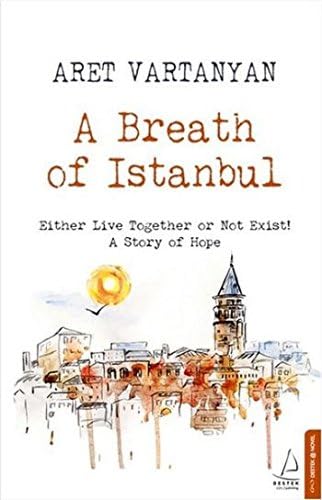

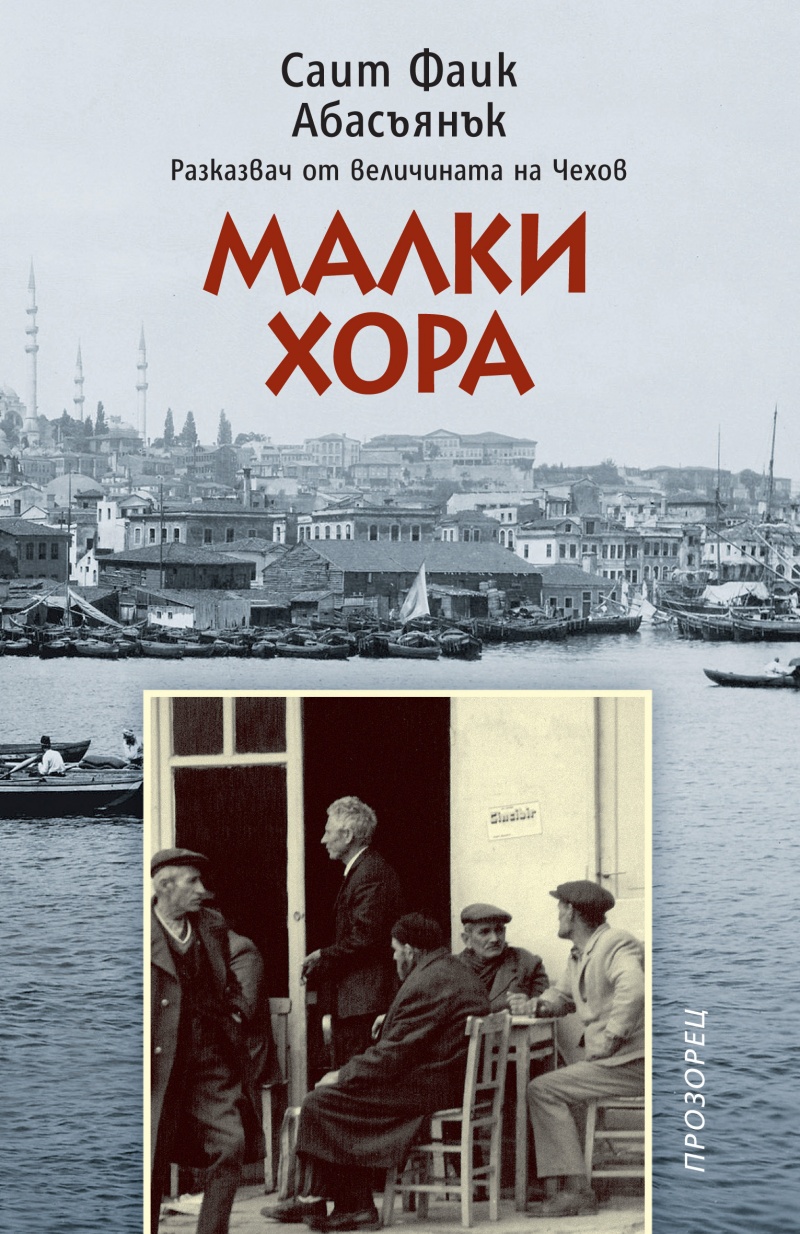

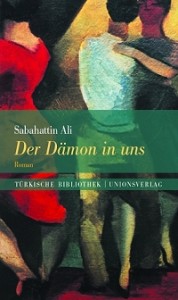
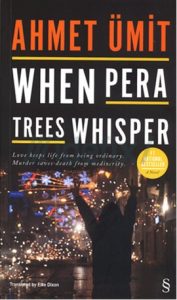


 Facebook
Facebook RSS
RSS Twitter
Twitter